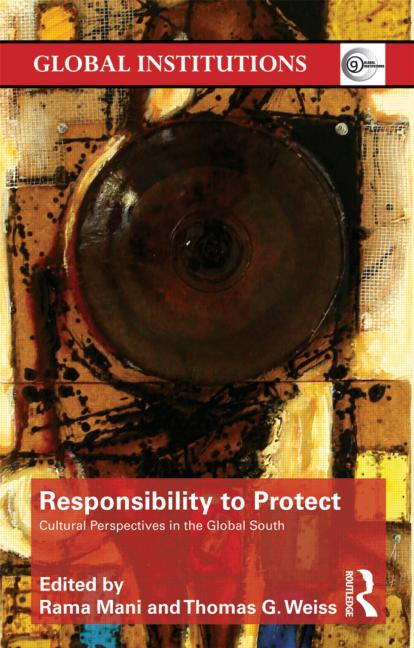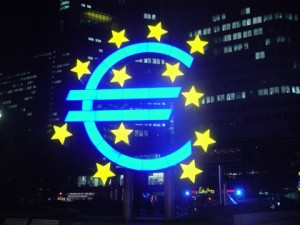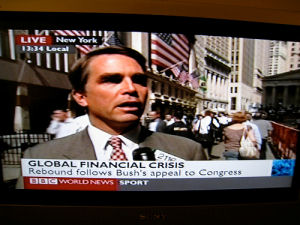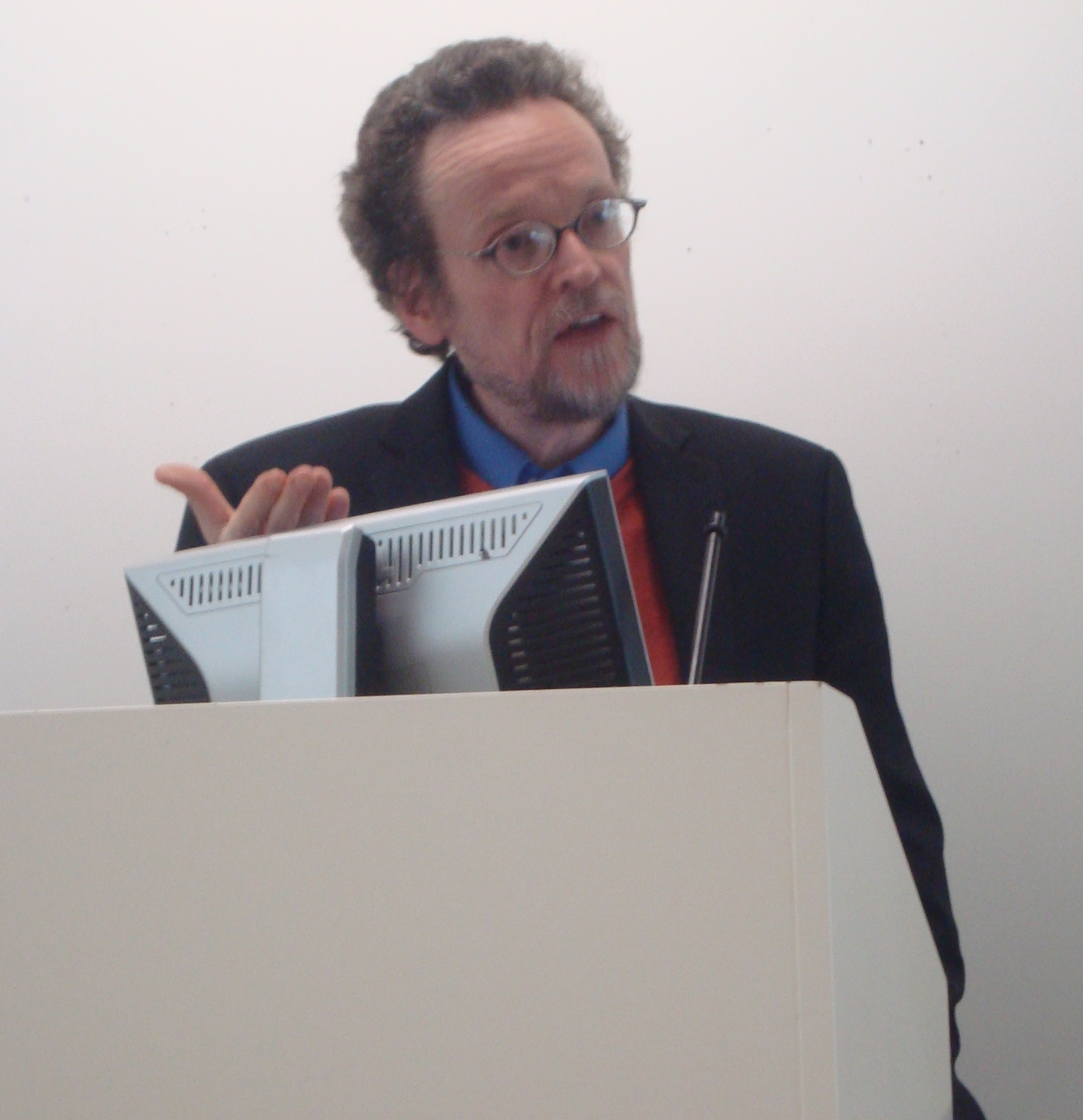
On ‘Responsibility to Protect: Cultural Perspectives in the Global South’
At the 2005 UN World Summit, more than 170 Heads of State and Government accepted three interlinked responsibilities, which together constitute the principle of ‘responsibility to protect’ (R2P). First, States accepted the responsibility to protect their own populations from genocide, war crimes, ethnic cleansing and crimes against humanity. Second, States promised to assist each other in fulfilling their domestic protection responsibilities. And third, the international community took on a collective responsibility to react, in a timely and decisive manner, if particular States are manifestly failing to protect their populations from the abovementioned mass atrocity crimes. Despite a quite remarkable normative development (see for example the frequent invocation of R2P in relation to the recent Libya crisis), this R2P principle is …

Towards a Realizable Progressive Politics: A Q&A with Dr. Sophie Heine
Dr. Sophie Heine is a visiting scholar at the University of Oxford Department of Politics and International Relations, a Research Fellow at the Universtité Libre de Bruxelles and FNRS and a Wiener-Anspach Foundation Scholar; her research engages with identity politics and ideology in contemporary Europe. Here, she takes a moment to speak with Politics in Spires regarding the Occupy protests of 2011, and offers a preview of her forthcoming book. I. Your recent work, Oser penser à gauche (“Dare to think to the left”), argues that contemporary progressive politics must redefine its underpinning ideology and articulate a coherent, emancipatory platform for change. This analysis proves particularly relevant to the waves of “Occupy” protests that began in New York in October …

The Eurozone Council: are we a step closer to a European Government?
When in 1992 the decision to provide Europe with the single currency was adopted, voices were raised claiming that it may be difficult to have a monetary union without a political union. This is considered to be particularly the case on occasion of “asymmetric shocks” which may hit weaker “peripheral economies” in a monetary union, but not stronger “core ones”. The Eurozone, even at its infancy, has never constituted an Optimal Currency Area, but at a time of relative economic growth the Stability and Growth Pact (SGP) was by most considered as a sufficient tool to secure the sustainability of the single currency. However, the economic crisis of the early 2000s and the current “Euro crisis” have proved the opposite. …

Nation States, Capitalism and the Crisis
Numerous questions pose themselves for political economists about the crisis – enough (never waste a good crisis) to keep PhDs engaged for a generation. But in my view there are two big picture questions which modern comparative political economy needs to answer. One is why the epicentre of the crisis was in Wall Street and the City of London. The other is this: the crisis occurred as a result of failures in the main regulatory frameworks – the financial and the macroeconomic – which govern much of the workings of advanced economies. Why, in sharp contrast to the 1930s, have these frameworks changed little since the crisis? These questions raise major issues for our understanding of modern capitalism and its …

Thomas Pogge on “Globalization, Inequality and the State” Lessons from the International Financial Playground
A few weeks ago I had the opportunity to attend a talk given by Mike Bonnano, one of the Yes Men (self-proclaimed social justice pranksters famous for impersonating the CEOs of Dow Chemical, General Electric and similar corporate giants in the international media). Bonnano spoke about the need for a “post-ideological revolution” in which we rethink the existing inequalities in income and opportunity and return to the values we all learned when we were children: simple ideas such as sharing, respecting others, and fairness. These words stuck with me, and retained their salience as I listened, a week later, to Dr. Thomas Pogge speak on the topic of “Globalization, Inequality and the State.” Dr. Pogge is a renowned expert on …









